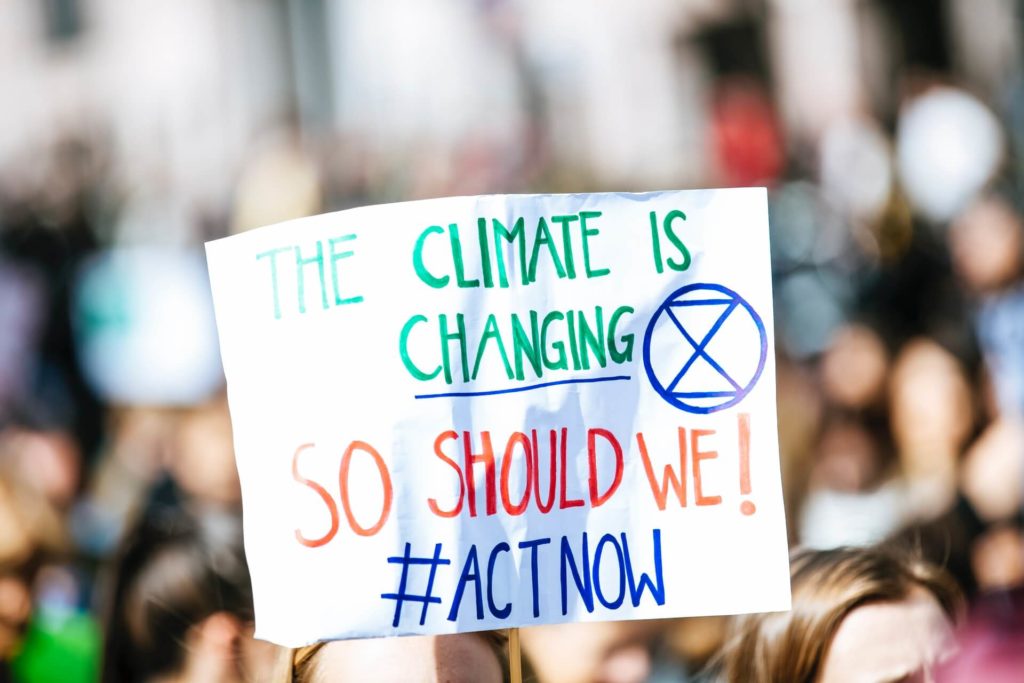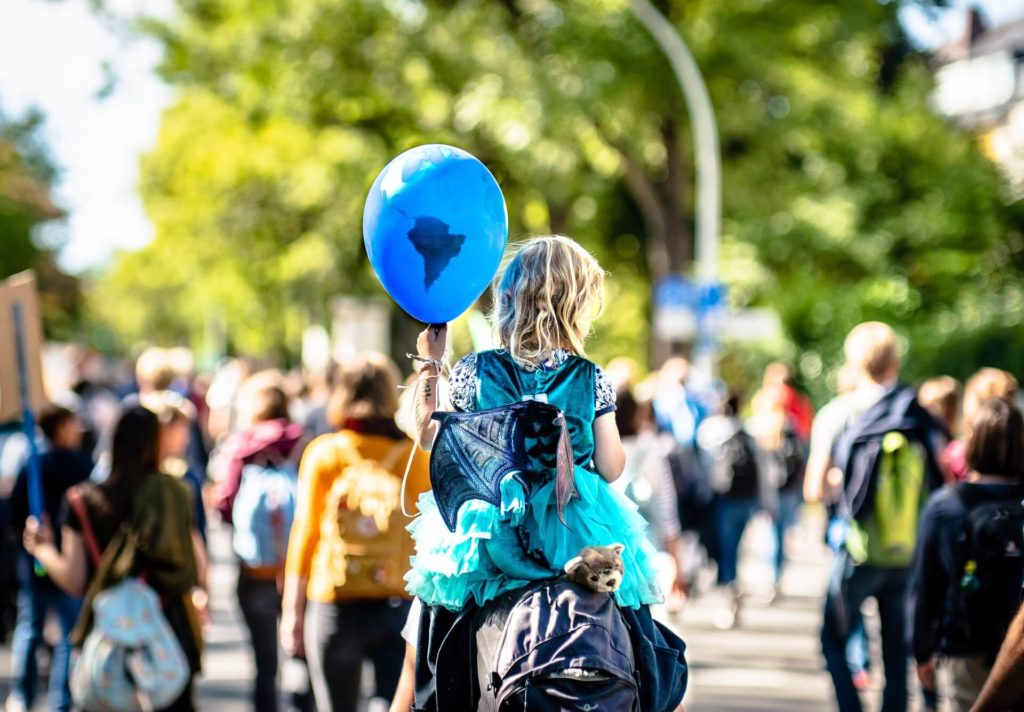There Is Still Hope if We Act Now
The evidence is clear we must limit the rise in global average temperature to less than 1.5°C to avoid the most catastrophic effects of climate change. Global temperatures have already risen about 1.1°C. If we act now, we can still secure a liveable future.
When I read the Working Group II contribution to the IPCC Sixth Assessment Report published on 28 February 2022, it took me down memory lane. I wrote the first press release in my career in March 2008. It was for the launch of The Climate Project – India under the ‘patronage’ of Dr R. K. Pachauri and the ex-U.S Vice-President Al Gore. They had just received the Nobel Prize. Dr Pachauri, at that time, was the chairman of IPCC, and I was fresh out of college. The buzz words for the climate change communication were “mitigation” and “adaptation”. Over the years, slowly, the ‘mitigation’ part is fading, and the emphasis is on ‘adaptation’ now. The latest IPCC Working Group II report says the window is closing even for adaptation. There is a limit to how much we can adapt; eventually, as conditions become so extreme that the associated risks are “intolerable.”
While reading the report, the realization sank in that these IPCC reports are not just about what will happen in the future anymore. It seems the warning phase is over. Hundreds of plant and animal species have disappeared from local areas, both on land and at sea. The heatwave, windstorms, wildfires, and tropical cyclones – we are living them. These weather extremes are coinciding, causing cascading impacts that are increasingly difficult to manage. They have exposed millions of people to acute food and water insecurity, especially in Africa, Asia, Central and South America, on small islands, and in the Arctic.

The Working Group II contribution to the IPCC Sixth Assessment Report probes into what it might look like if we cross the 1.5°C threshold. The report concludes that if the increase in some parts of the world exceeds 1.5C briefly, before dropping again by mid-century, it is probably still possible to avoid widespread irreversible changes. However, if we allow global warming to linger above 1.5°C for decades, climate change will transform the earth for centuries. People relying on glaciers and snowmelt for freshwater will face acute shortages. At 2°C, essential food crops would not grow in many places. And if we overshoot and spend a few decades above 1.5°C warming, many impacts will be irreversible.
At REVOLVE, we do not make grim warnings; we communicate about solutions. Still, it would be foolish not to highlight that the window to act is closing while we still have options. The report emphasizes that existing adaptation options can reduce climate risks if they are sufficiently funded and implemented quickly. The report breaks new ground by analyzing various climate adaptation measures’ feasibility, effectiveness, and the potential to deliver co-benefits like improved health outcomes or poverty reduction. The report talks about utilizing indigenous and local knowledge to inform land-based mitigation and adaptation options. For example, including indigenous and local people in programs related to environmental conservation, formal education, land management planning, and secure tenure rights could be a key to facilitating climate change adaptation.
There are viable options to help us adapt to climate change, but time is of the essence. At least 170 countries’ climate policies now include adaptation, but many have yet to move beyond planning into implementation. The next few years offer a narrow window to realize a livable future for all.

Changing course will not be easy. The report calls for a wholesale revision in how we live alongside nature. It will require immediate efforts to drop emissions, build resilience, conserve ecosystems, and dramatically increase finance for adaptation. However, such an exceptional response is not unprecedented. We have seen the extraordinary global response to contain the COVID-19 pandemic and the scale of the West’s resolve in response to the Russian invasion of Ukraine. The latest IPCC report calls for another ambitious and concerted global action for the planet’s sake. Both governments and the private sector must all step up. The upcoming COP27 in November 2022 will be a crucial opportunity for governments not just to make big promises and sign-off on non-binding ambiguous policy goals, but to show meaningful actions, commit to concrete proposals and for developed countries to demonstrate their solidarity with vulnerable nations.
At REVOLVE, we will step up to utilize our resources to mobilize public support for action and solutions. We will communicate about the choices we can make, which will determine what kind of future we will have. Do it the REVOLVE way by challenging the status quo. Changing our future by focusing on stories of hope, possibility, and human agency because perspective is everything, and everything is changing. We all need to help to bring this change because everything is at stake.